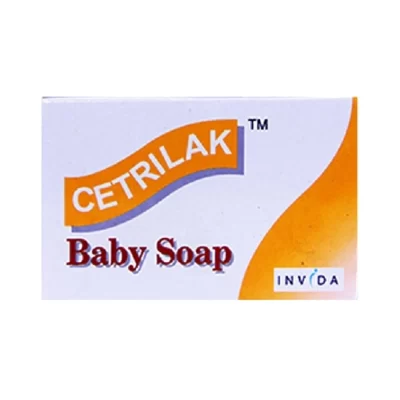Description
What is this medicine for
This medication is an anticonvulsant, prescribed for postherpetic neuralgia, and epilepsy.
How does it work
Gabapentin calms the brain.
How should this medicine be used
Fast release: Take with or without food. Take with food if it causes an upset stomach. There is a liquid (solution) if you cannot swallow pills. Those who have feeding tubes may also use the liquid. Flush the feeding tube before and after this drug is given. – Extended release tablets: – Take with the evening meal. Do not chew, break, or crush.
Common side effects of this medicine
Feeling lightheaded, sleepy, having blurred eyesight, or a change in thinking clearly. Avoid driving and doing other tasks or actions that call for you to be alert or have clear eyesight until you see how this drug affects you. Feeling dizzy. Rise slowly over a few minutes when sitting or lying down. Be careful climbing. Change in balance. Shakiness. Weight gain. Swelling in the arms or legs. Problems with how one acts. Emotional ups and downs. Upset stomach or throwing up. Many small meals, good mouth care, sucking hard, sugar-free candy, or chewing sugar-free gum may help. Hostility.
What do I do if I miss a dose
Take a missed dose as soon as you think about it. If it is close to the time for your next dose, skip the missed dose and go back to your normal time. Do not take 2 doses at the same time or extra doses. Do not change the dose or stop this drug. Talk with the doctor.
What precautions should I take when taking this medicine
If you have an allergy to gabapentin or any other part of this drug. Tell your doctor if you are allergic to any drugs. Make sure to tell about the allergy and what signs you had. This includes telling about rash; hives; itching; shortness of breath; wheezing; cough; swelling of face, lips, tongue, or throat; or any other signs.
When do I need to seek medical help
If you think there was an overdose, call your local poison control center or ER right away. Signs of a very bad reaction to the drug. These include wheezing; chest tightness; fever; itching; bad cough; blue or gray skin color; seizures; or swelling of face, lips, tongue, or throat. Signs of infection. These include a fever of 100.5°F (38°C) or higher, chills, very bad sore throat, ear or sinus pain, cough, more sputum or change in color of sputum, pain with passing urine, mouth sores, wound that will not heal, or anal itching or pain. Signs of low mood (depression), thoughts of killing yourself, nervousness, emotional ups and downs, thinking that is not normal, anxiety, or lack of interest in life. Change in thinking clearly and with logic. Very bad dizziness or passing out. Feeling very tired or weak. Very upset stomach or throwing up. If seizures are worse or not the same after starting this drug. Any bruising or bleeding. Any rash. Side effect or health problem is not better or you are feeling worse.
Can I take it with other medicines
Sometimes drugs are not safe when you take them with certain other drugs and food. – Taking them together can cause bad side effects. – Be sure to talk to your doctor about all the drugs you take.
Are there any food restrictions
Avoid Alcohol
How do I store this medicine
Store in a cool, dry place away from the reach of children. – Medicines must not be used past the expiry date.
Pregnancy Category
Category C : Animal reproduction studies have shown an adverse effect on the fetus and there are no adequate and well-controlled studies in humans, but potential benefits may warrant use of the drug in pregnant women despite potential risks.
Therapeutic Classification
Anticonvulsants, Drugs For Neuropathic Pain






Reviews
There are no reviews yet.